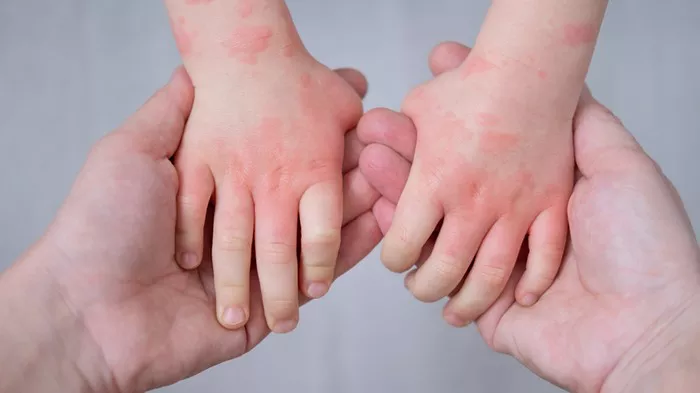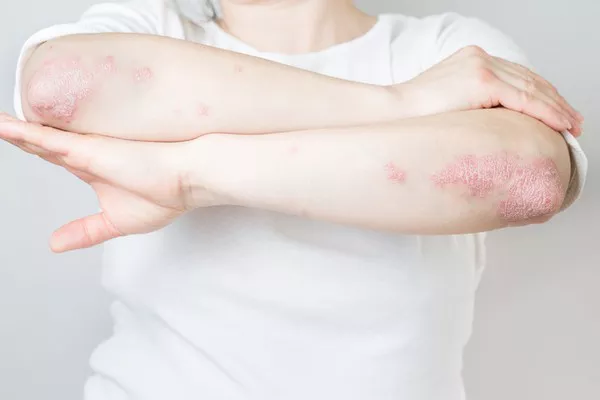Eczema, a chronic skin condition causing irritation and inflammation, often accompanies other allergic conditions like asthma and hay fever in children. While there is no cure for eczema, proactive management can significantly alleviate symptoms and improve your child’s quality of life.
Understanding Eczema Symptoms
The hallmark of eczema is persistent itching, accompanied by red, dry, cracked, or leathery skin. Managing these symptoms effectively requires a multifaceted approach at home.
Practical Tips for Eczema Management
1. Moisturize Regularly
Choose moisturizers containing active ingredients like licochalcone A and menthoxypropanediol, which reduce inflammation and hydrate the skin. Look for products with ceramides, omega-6 fatty acids, colloidal oatmeal, and prebiotics to repair and maintain skin barrier function. Avoid moisturizers containing sodium lauryl sulfate (SLS) and opt for dye-free, fragrance-free options, as products labeled “unscented” may still contain fragrance. Apply moisturizer multiple times daily, especially after bathing.
2. Select Skin-Friendly Fabrics
Opt for soft, breathable fabrics such as cotton for clothing and bedding. Rough or coarse fabrics like wool can exacerbate skin irritation.
3. Wash New Clothing
Prior to wearing, launder new clothing to remove potential allergens. Use mild, hypoallergenic detergents to prevent triggering eczema flare-ups.
4. Maintain Nail Care
Keep your child’s fingernails short to minimize skin damage from scratching. Consider having them wear gloves at night to further prevent scratching during sleep.
5. Modify Bathing Habits
Encourage short, warm showers instead of long, hot baths. Use gentle cleansers with a lower pH to cleanse the skin effectively without stripping natural oils.
6. Choose Fragrance-Free Products
Avoid cleansers and personal care products with added fragrances, as these can trigger eczema symptoms. Look for formulations containing soothing ingredients like omega-6 or -3 fatty acids.
Seeking Professional Guidance
While these home remedies can effectively manage eczema, it is essential to consult a healthcare professional to develop a comprehensive treatment plan tailored to your child’s specific needs. With proper management and care, many children outgrow eczema over time, particularly during their school-age years.
By implementing these strategies consistently, you can help alleviate your child’s eczema symptoms and promote their overall skin health and comfort.
Related Topics:

























